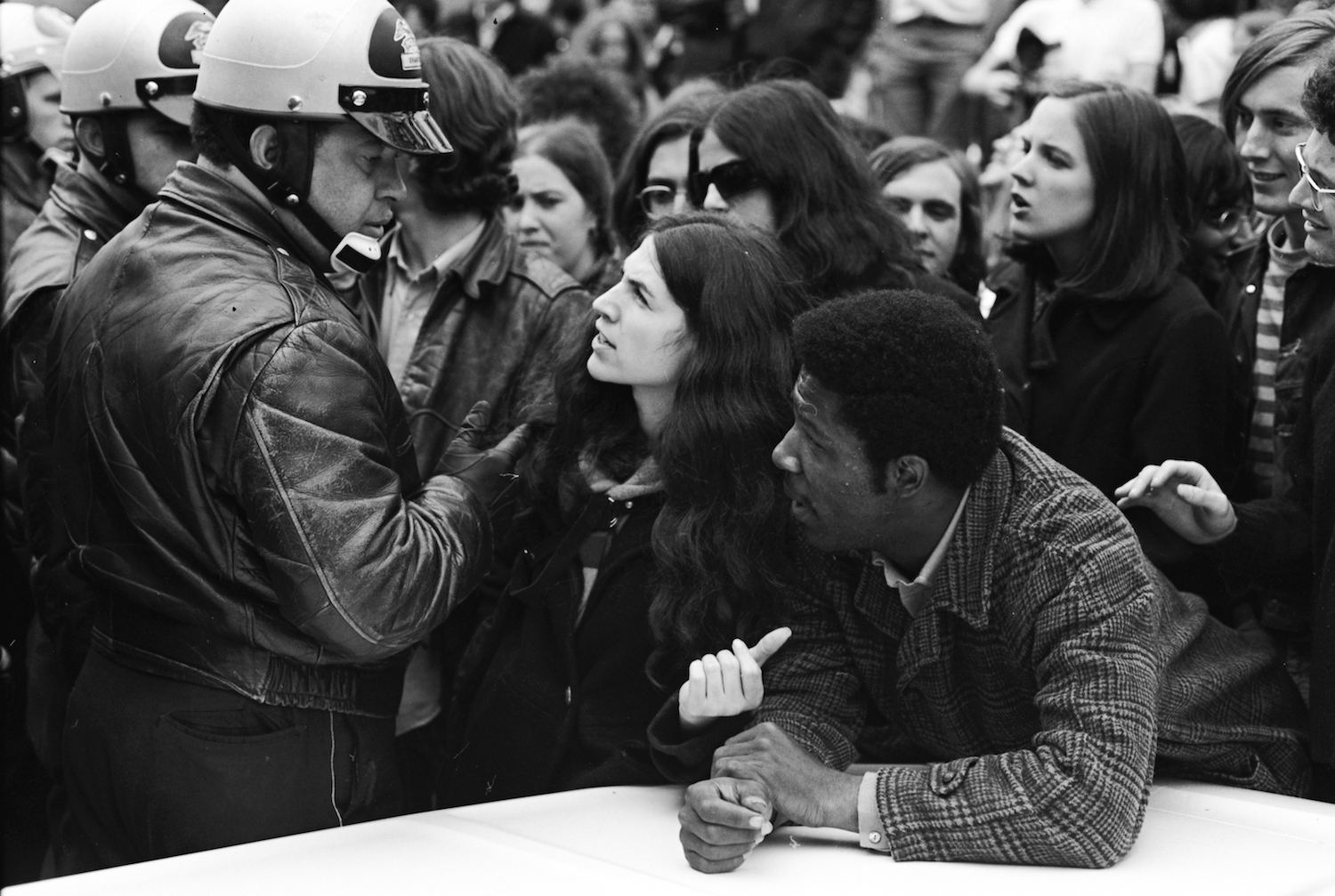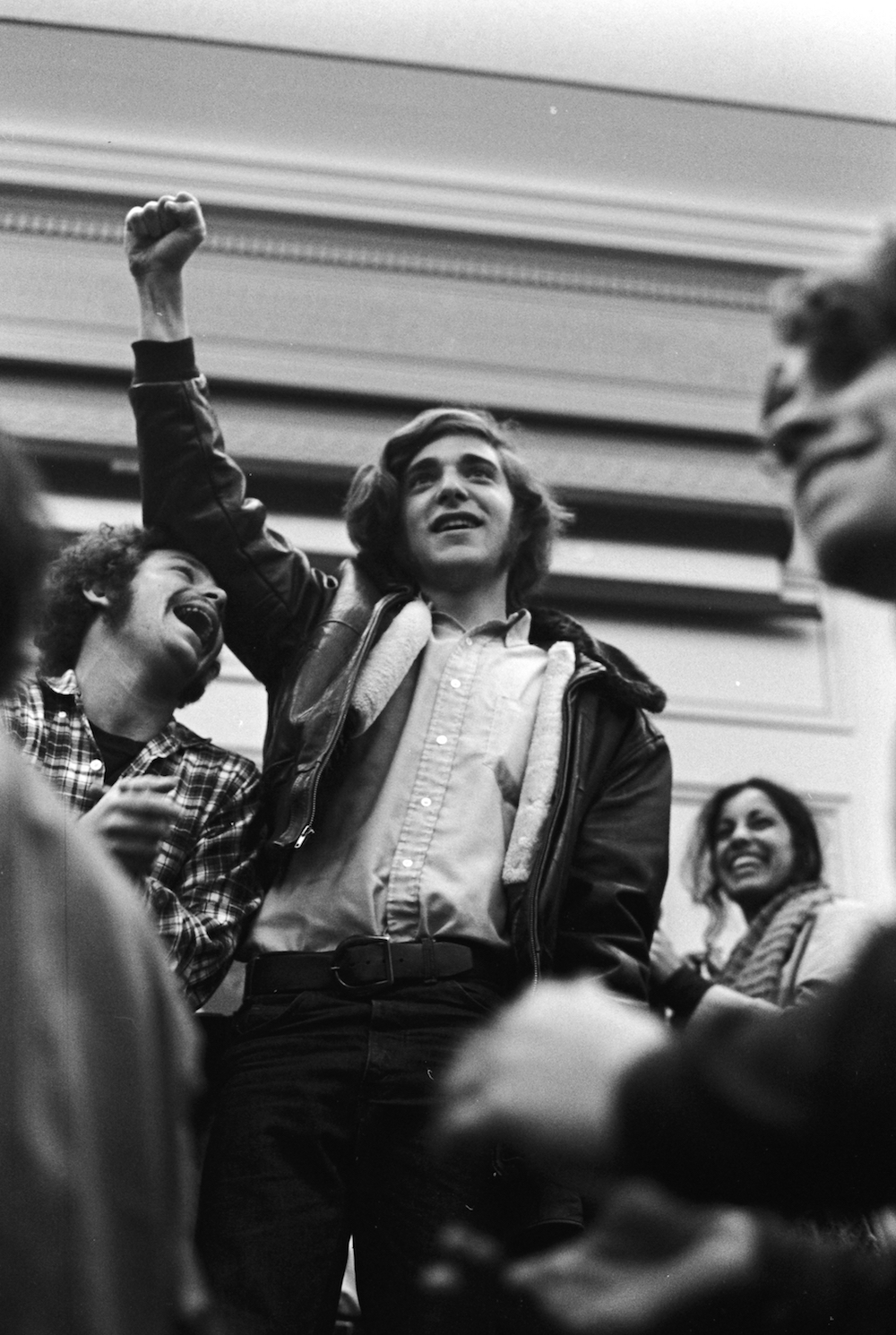As a photographer and editor for the Syllabus Yearbook, James Roberts (Weinberg ‘72) used his camera to capture students’ interactions, lifestyles and fashion. He learned the art of documentary photography from fellow student photographers and studied the ways in which he could best capture the moments he witnessed in Evanston, Chicago and on a study abroad trip to Mexico.
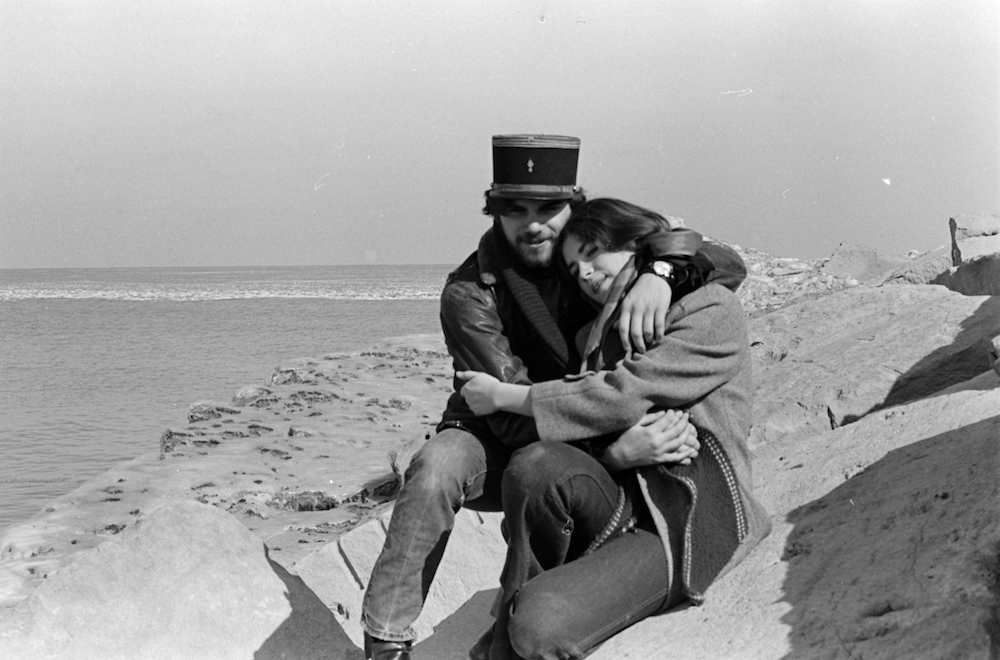
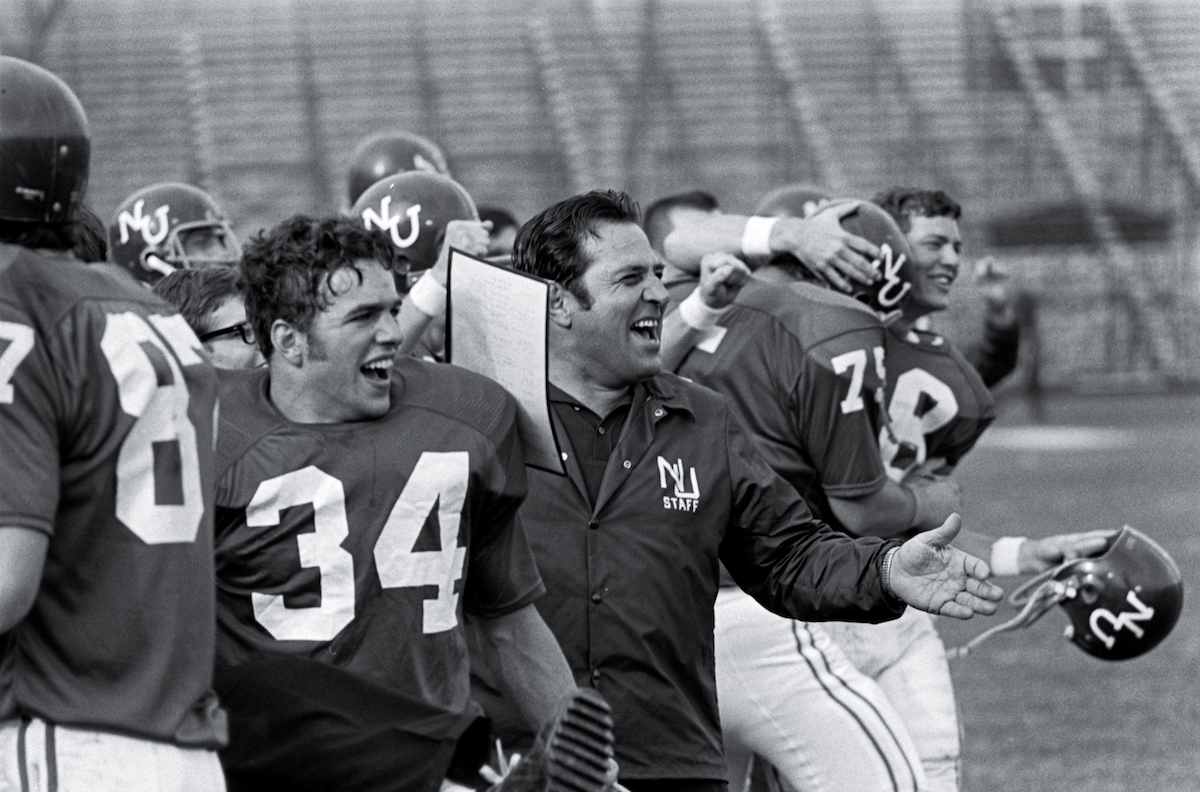
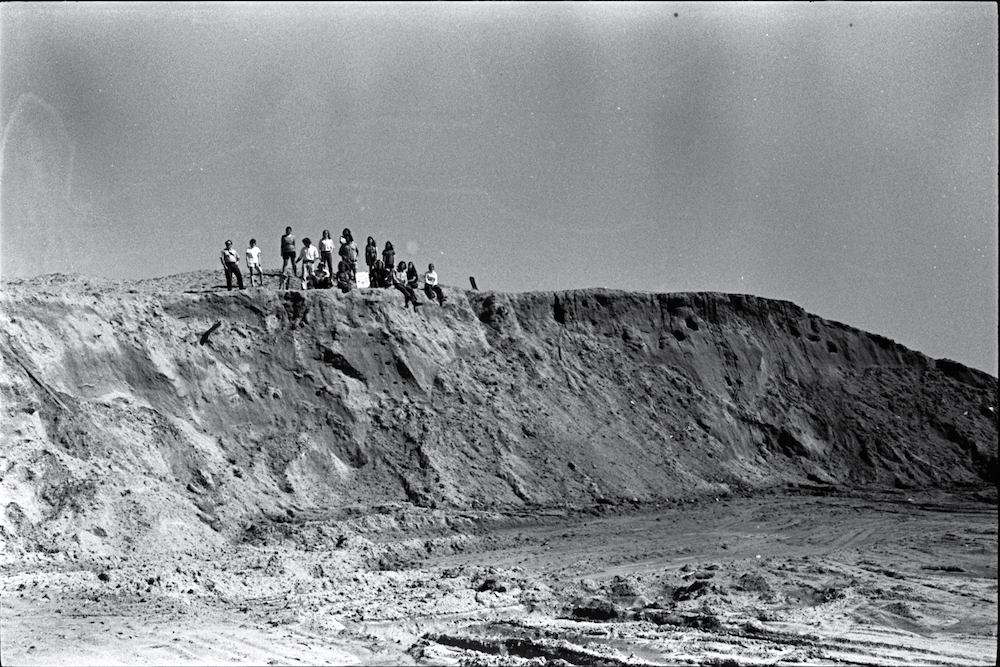
“The yearbooks were becoming at that time sort of documentary photography annuals. The groups that I got to know ahead of me were increasingly providing a kind of visual social history of the campus and the campus environment,” Roberts says. “It was less focused on some of the traditional campus activities like homecoming and games and fraternities and sororities . . . There was an interest in photography or documentary photography for its own sake.”
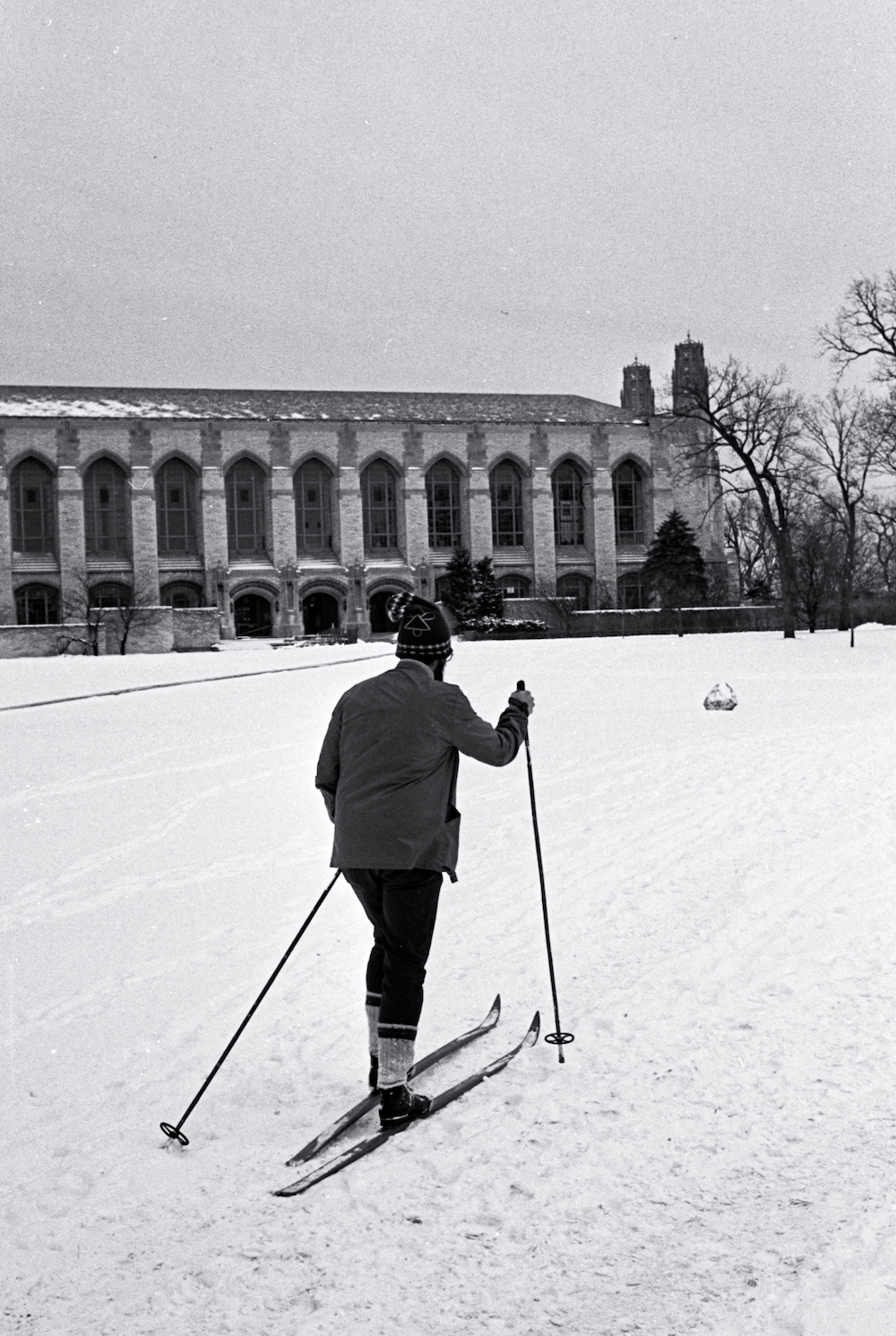
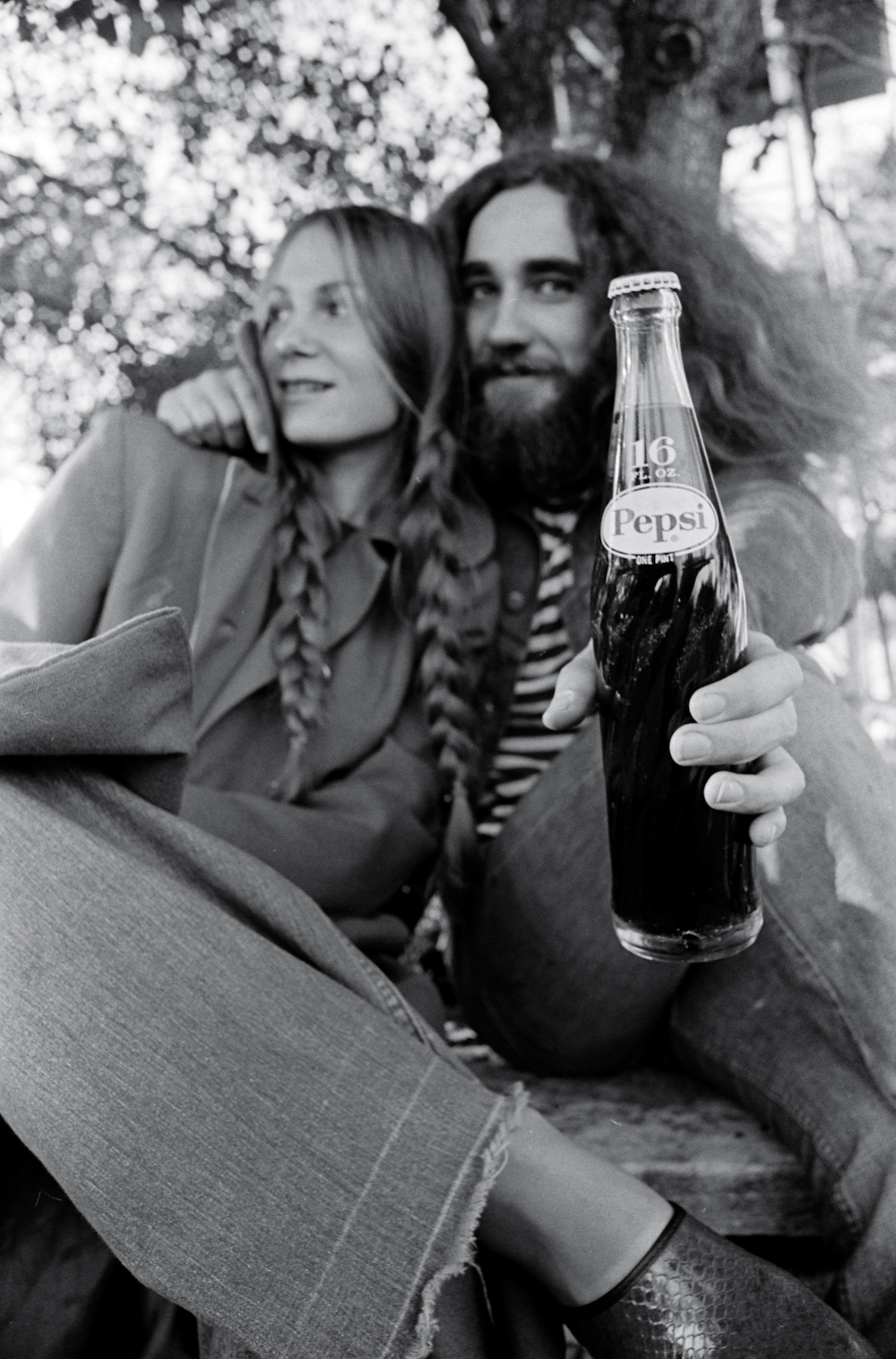
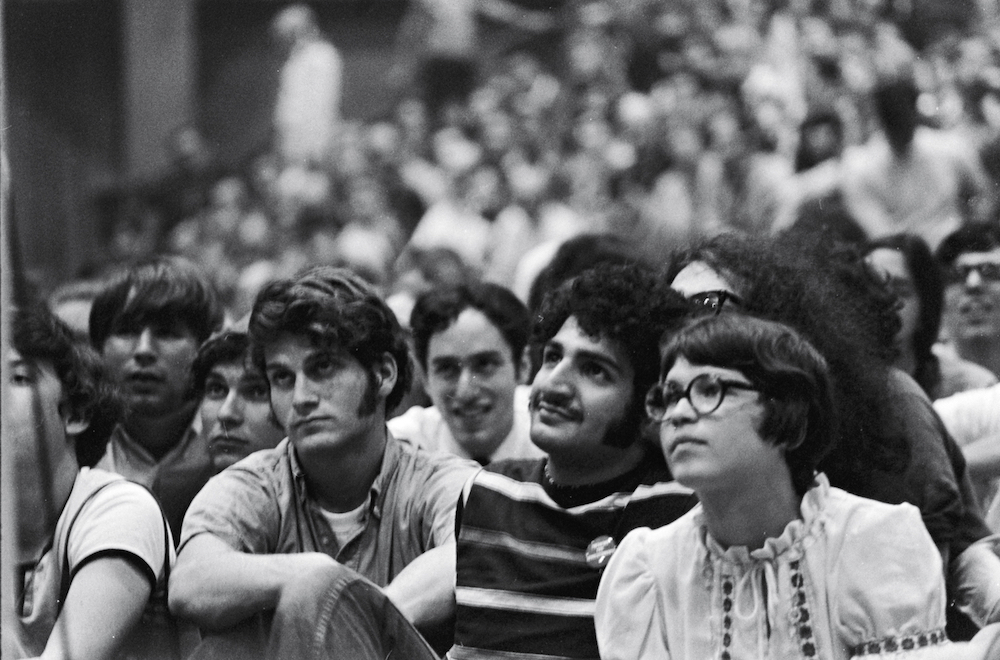
College campuses across the U.S. were hotbeds of politically charged activism during the long ‘60s, as students protested U.S. military presence in Vietnam. Anti-war demonstrations at Northwestern included student strikes and large gatherings on Deering Meadow, which attracted participants from across Evanston.
Although he was a supporter of the demonstrations, Roberts preferred to remain a “participant observer,” documenting the action without being an active organizer.
“Some pretty big issues were on the table and were being discussed in aways that didn’t seem to have much precedent, so it seemed like a very significant departure in public life,” Roberts says. “And of course when the country is at war and the goals and the possibilities of success were unclear, it certainly mobilized a lot of energy in society on all sides.”

